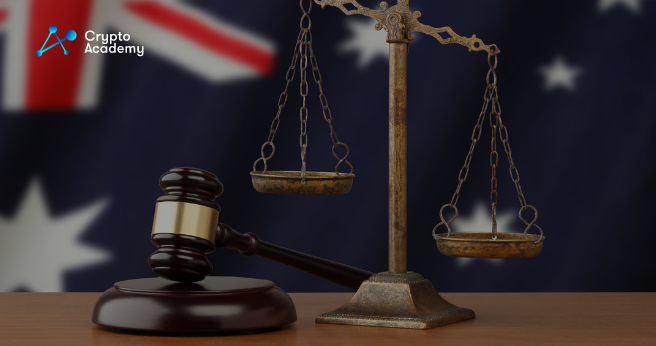For allegedly making false representations about its cryptocurrency asset Qoin, BPS Financial (BPS) is being sued by Australian regulators.
According to an announcement from the Australian Securities and Investments Commission (ASIC), BPS misrepresented Qoin, a virtual currency it introduced in 2019 to help with payments for products and services, and participated in unauthorized activities.
The BPS website states that nearly 38,000 merchants accept Qoin from holders. This is incorrect, according to ASIC.
The following statement was made by Sarah Court, the deputy chair of ASIC: “we allege that, despite what BPS represented in its marketing, Qoin merchant numbers have been declining, and that there have been periods of time where it was not possible to exchange Qoin tokens through independent exchanges.”
The company’s misrepresentation of its regulatory standing worries ASIC as well.
The deputy chair also noted that “we believe the more than 79,000 individuals and entities who have been issued with the Qoin Facility may have believed that it was compliant with financial services laws, when ASIC considers it was not.”
While BPS assessed the allegations, the statement noted that “BPS does not agree with ASIC’s position and, confident of its position, will be defending the matter. Before it started, BPS consulted with ASIC in late 2019 regarding the structure of the Qoin project and did so again in early 2021.”
The initial case management hearing is yet to be arranged. Australian officials have lately been increasingly aware of cryptocurrency assets. ASIC additionally put a 21-day hold on the distribution and offering of three crypto assets to individual investors on Holon Investments in October. It stated that the purpose of the injunction was to prevent small-scale investors from purchasing extremely dangerous and volatile digital currencies.

